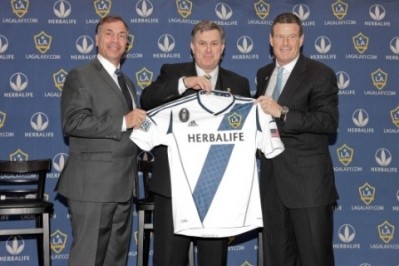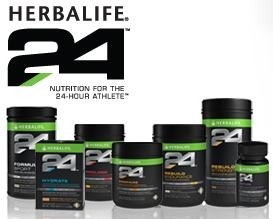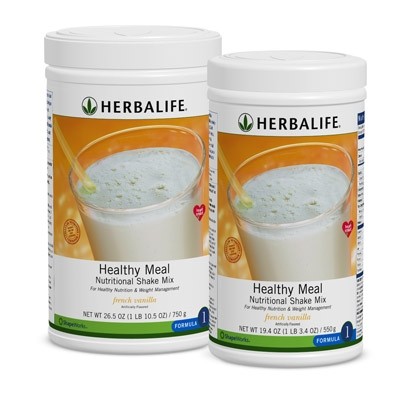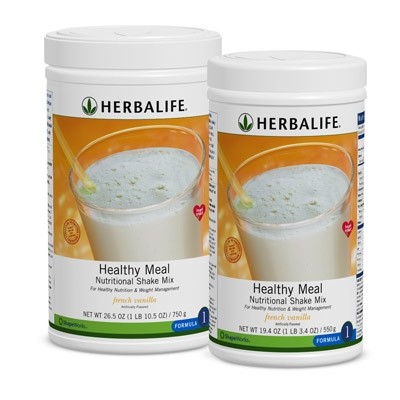Big Interview: Vasilios Frankos, Herbalife
Frankos on NDI guidance (part two): This really isn’t a big surprise

Frankos, senior vice president of product compliance and safety at supplements giant Herbalife, was speaking to NutraIngredients-USA.com following the publication of the FDA’s draft guidance on new dietary ingredient (NDI) notifications.
But the contents of the document, which has been strongly criticized by trade associations, were not wholly unexpected, claimed Frankos, who was the director of the Food and Drug Administration’s dietary supplements division until March 2010.
This should not come as a big surprise to industry
He added: “I don’t think people can really claim to be surprised by this if they have been monitoring what the FDA has been saying on NDIs for the last few years.
“I think a lot of companies could have been doing many things to prepare, but they have been burying their heads in the sand.”
He added: “If you look at the FDA’s responses to some recent citizen’s petitions, for example that you can’t use a synthesized version of a botanical extract as in the homotaurine petition , or its response to the pyridoxamine petition [ingredients originally developed as drugs can’t then be sold in supplements] its position on many aspects of this guidance has already been made very clear.”
Similarly, the industry had the opportunity to engage with the FDA on the NDI process in 2004, he said. “I was involved in putting together a list of questions addressing the NDI process in 2004.
“Industry was asked for input but it did not give a lot of feedback and wanted to wait until the FDA formally put something out and then respond to that. But the questions were all those we see in the guidance today.”
Multiple filings and administrative hell?
One of the biggest misnomers about the new draft guidance, claimed Frankos, was that it imposed significant new burdens on makers of finished products by requiring NDI submissions on the supplement/formula being presented to market, and not on the raw ingredient.
But this had always been the case, he stressed. “It has always been the case that the filing is for the supplement that contains the ingredient, and not the ingredient itself, and while some people have always wanted the ingredient to be cleared so you can then put it into anything, that was never the intent of Congress.”
Meanwhile, to critics arguing that it would be an administrative nightmare for companies making changes to formulas to have to prepare new NDI notifications for each different supplement containing an NDI, he said:
“Truthfully, there should be very little additional data required if you are just adding other ingredients such as vitamins to your product with the NDI in. What matters is whether you are adding something that is going to interact with your new ingredient, for example a stimulant added to another stimulant.”
His comments came as Hyman, Phelps & McNamara attorney Riëtte van Laack said (in the FDA law blog this week) that "the requirement that a notification be submitted even where an NDI is the subject of a previous notification appears especially problematic for the inefficiencies it would generate – and for the lack of statutory authority upon which to base such a requirement.”
Doing nothing and hoping it goes away is not an option …
If stakeholders are not happy with the guidance, they can say so, pointed out Frankos. “The industry does have a chance to [urge the FDA to] refine the guidance.”
One difficulty is that there is no requirement for the FDA to formally respond to comments from industry by issuing revised/final guidance, so those waiting to act until the FDA tweaked the guidance were taking a risk, he said.
“Technically this could stay as draft guidance forever. What the FDA has done is establish its position. Then after a period of time it might ask a company for evidence of the safety of one of its products or take a product off the market citing this guidance as its justification, which would then start a legal discussion.”
Meanwhile, doing nothing and hoping it would all go away was not an option, although that is what many companies may be tempted to do, he said.
Click here to read the FDA's draft guidance.

















